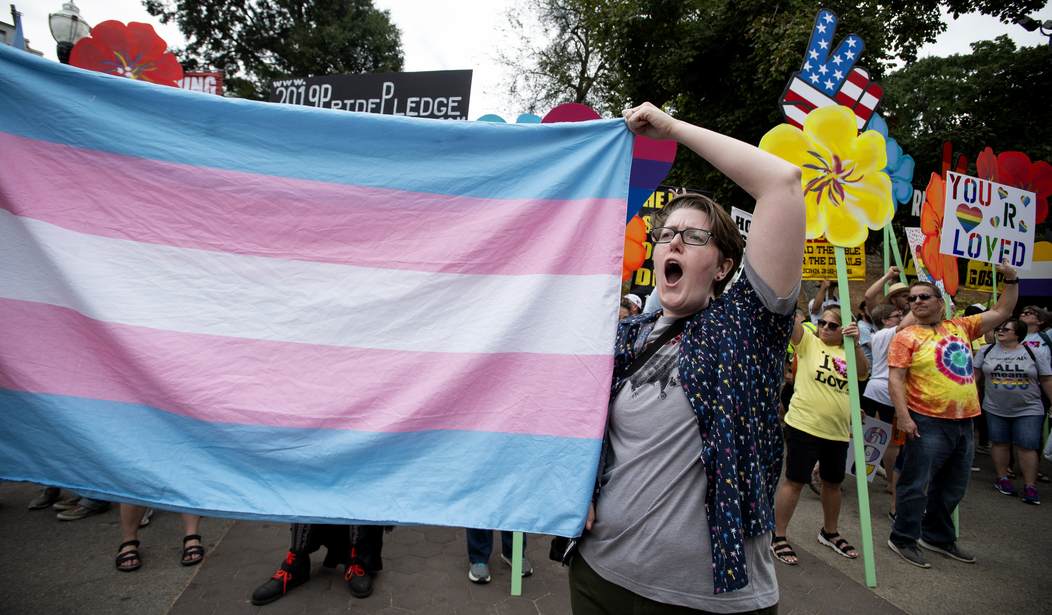An important religious freedom case has landed in the lap of the Supreme Court and it may be one of the most consequential cases decided in many years.
The case involves an appeal by a website design company that refuses to perform design services for gay couples. The website design company called 303 Creative is owned by Lorie Smith and she ran afoul of the same Colorado law that ensnared cake-maker Jack Phillips. That case was eventually decided by the Supreme Court in favor of Phillips, but not on constitutional grounds. Phillips was granted relief by the high court because commission members had expressed enmity against Phillips’s religious beliefs, not because they had violated his religious freedom.
But Smith’s challenge is simple: does the state have a right to compel a certain kind of speech, even when that speech violates the closely held religious beliefs of any individual?
Smith has not been asked to design a website for a gay wedding, although she indicated that she wanted to do so. She teamed up with the law firm Alliance for Defending Freedom to challenge the Colorado law in anticipation of being sued eventually.
Colorado is now using its law against Lorie Smith of a website design company called 303 Creative. Like Phillips, she gladly serves gay customers in general, but she balks only at using her expressive capacities to design notices for activities, from people of any race or sexual orientation, that run counter to her religion — in this case, her belief that marriage can be only between one man and one woman.
In a 2-1 decision with reasoning that is not just wrongheaded but frightening, the 10th Circuit U.S. Court of Appeals ruled against Smith, openly concluding that Colorado’s law “permissibly compels [Smith’s] speech.” In other words, the two judges acknowledged that what was at issue was not just a professional service, but free speech, and yet they ruled that the unwelcome refusal to speak in a certain way could be penalized — even if it was a refusal rooted in sincerely held, widely recognized tenets of faith.
This is bone-chilling.
This should be a cut-and-dried, slam-dunk win for Smith, but it’s not. The reason is that the Colorado judges have defined the issue as a “civil rights issue.” A constitutionally protected class — gays and lesbians — are being denied services based on their sexual preference.
Might the Supreme Court once and for all decide that religious liberty supersedes the 14th Amendment in certain cases?
So 303 Creative is a test case. And, in fairness to ADF, it’s a clever one, because it centers on actual speech—the creation of a website, which is undoubtedly a form of expression. In Masterpiece Cakeshop, the justices got bogged down in a debate about whether baking cakes qualifies as “speech” under the First Amendment. During oral arguments, Justices Ruth Bader Ginsburg and Elena Kagan prodded ADF’s attorney to explain who, exactly, constitutes an “artist” with a right to deny service. A florist? A jeweler? A hair stylist? A makeup artist? A tailor? A chef? Whose services “communicate” a “message” (triggering the First Amendment), and whose don’t? ADF could not draw a cogent line. But everyone agrees that website design is speech. And that makes 303 Creative the perfect test case for this Supreme Court, because it can strike a pose of modesty while laying the groundwork for a revolution against civil rights laws.
If the justices had their druthers, a majority would want to carve out a limited exemption. The high court doesn’t like deciding momentous constitutional issues and they would be reluctant in issuing broad guidelines that cover speech and freedom. But the scope of Smith’s appeal is so broad they may not be able to avoid it. Might the justices recognize the principle of religious freedom without overturning the real and necessary protections granted by the 14th Amendment? It’s a very small needle to thread.
This could be a defining moment for religious freedom in America.










Join the conversation as a VIP Member